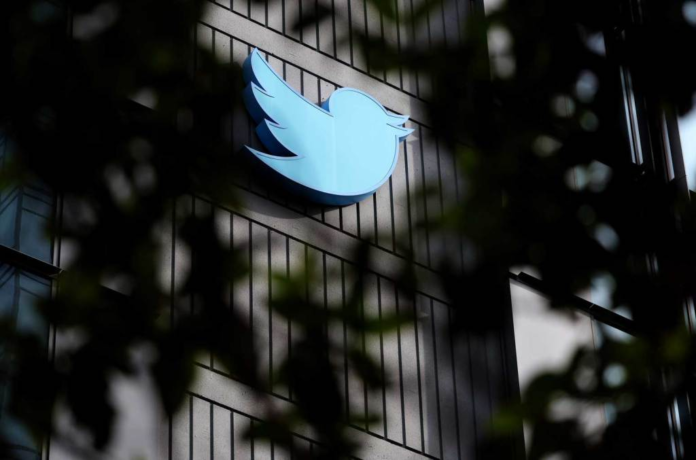Twitter has filed its first formal response to a lawsuit from music publishers alleging widespread copyright infringement on the platform, arguing that it cannot be held liable for the actions of its users.
The filing came two months after dozens of music publishers sued the Elon Musk-owned site, claiming its users had infringed over 1,700 different songs from writers like Taylor Swift and Beyoncé — a claim that, if proven, could put the social media giant on the hook for $255 million in damages.
In a motion to dismiss the lawsuit filed Monday, lawyers for Twitter (now re-branded to X) argued that the company itself was not on the hook for illegal posts by its users. Among other things, they cited the Supreme Court’s high-profile 2005 ruling on the filing sharing service Grokster, which said that digital services cannot be sued unless they take active steps to encourage infringement by users.
“In this case, plaintiffs do not allege that X encouraged, induced, or took affirmative steps with the intent to foster the infringement of plaintiffs’ works,” wrote the company’s lawyers, hailing from the law firm Quinn Emanuel. “To the contrary, X’s anti-infringement policies and practices … belie any reasonable assumption that X has induced its users to infringe any copyrights.”
The case against Twitter was organized by the National Music Publishers’ Association, which has long argued that the site is the last major social media service refusing to license music. TikTok, Facebook, Instagram, YouTube and Snapchat have all allegedly entered into such deals with publishers, providing a library of licensed music for users to legally add to their posts.
“Twitter stands alone as the largest social media platform that has completely refused to license the millions of songs on its service,” said NMPA president/CEO David Israelite when the case was filed in June. “Twitter knows full well that music is leaked, launched and streamed by billions of people every day on its platform.”
But in Monday’s response, Twitter’s lawyers argued that even if such licensing deals were the NMPA’s preferred outcome, they are not legally required to avoid a copyright lawsuit – and that the failure to secure one was irrelevant to the infringement case against it.
“The allegation … is just another way of saying that X could do more to address the unauthorized use of music on the site by purchasing licenses from Plaintiffs on behalf of X’s users,” Twitter’s attorneys wrote. “Whether X sought music licenses for users or elected not to do so has no bearing on this inquiry; it is not evidence of an intent to encourage infringement.”
Notably, this week’s filing from Twitter did not delve into the thorny issue of the Digital Millennium Copyright Act, a federal law that limits how websites like Twitter can be sued over copyright infringement by their users.
The DMCA provides sites like Twitter with immunity — a “safe harbor” — from litigation over material uploaded by their users, so long as they promptly remove infringing content and ban repeated violators from the platform. The publishers’ lawsuit goes to great lengths to argue that Twitter failed to do either of those things, meaning the site has legally forfeited the DMCA’s protections.
Twitter heavily refutes that point and, though they did not do so on Monday, its lawyers will undoubtedly invoke the DMCA’s protections at a later stage of the case if their current motion is denied.
The case against Twitter was filed by Concord, Universal Music Publishing Group, peermusic, ABKCO Music, Anthem Entertainment, Big Machine Music, BMG Rights Management, Hipgnosis Songs Group, Kobalt Music Publishing America, Mayimba Music, Reservoir Media Management, Sony Music Publishing, Spirit Music Group, The Royalty Network, Ultra Music Publishing, Warner Chappell Music and Wixen Music Publishing.
In a statement to Billboard on Tuesday, Israelite called Twitter’s response filing “par for the course” and “another attempt to deny the fact that they have consistently failed to stop or even slow the rampant piracy on their platform.”
“Music is streamed and consumed by countless people on X,” Israelite said. “The service owes songwriters and publishers millions of dollars in compensation as well as a commitment to fully license music, consistent with all other major social media platforms and the law.”


